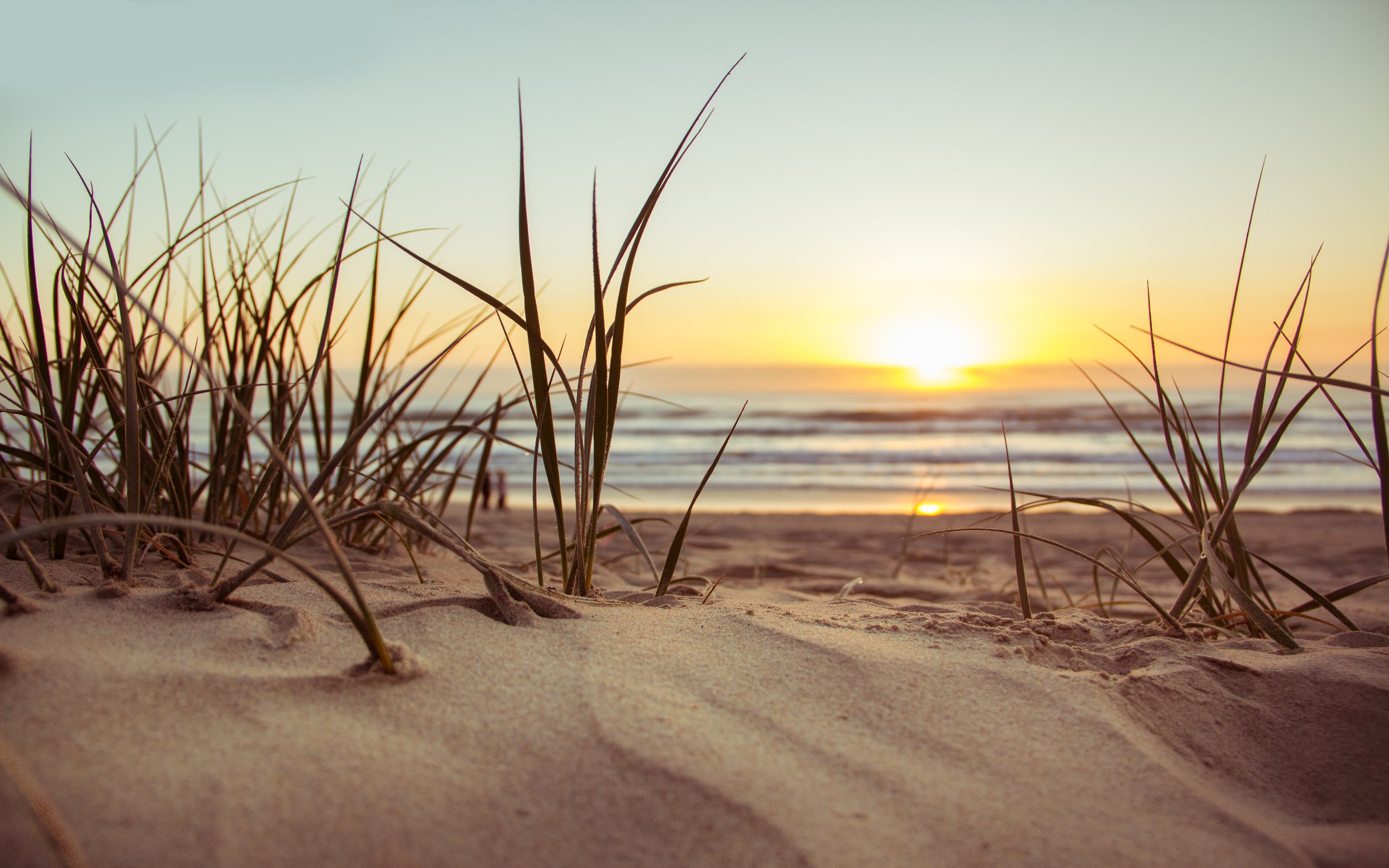The Road Less Traveled- And How We Find It
The road less traveled was the ranch road. Four miles of washboard sand through the high desert. An abandoned ranch. And nothing. How could we ever have imagined thousands would be impacted just by saying yes to God?

